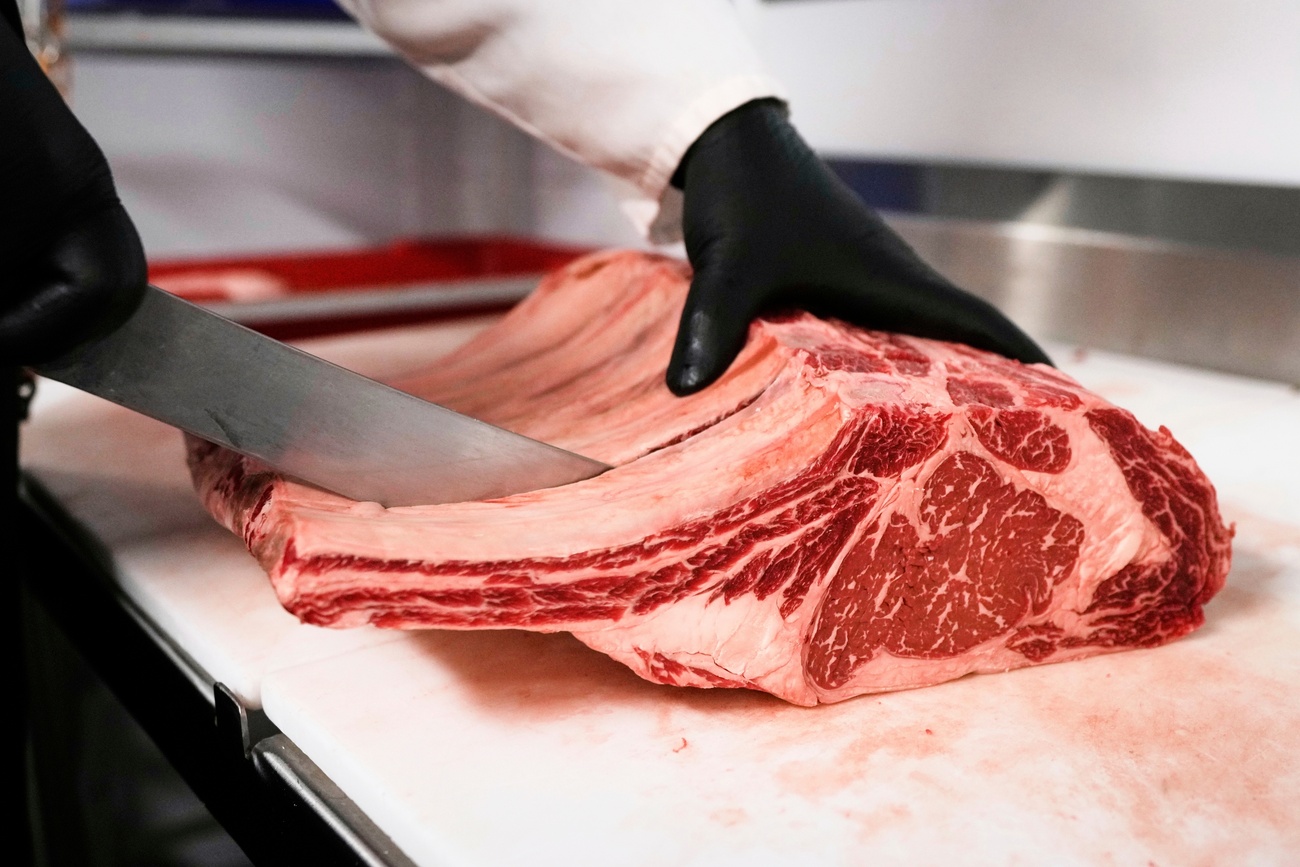
Court rejects unvaccinated student’s complaint over school ban

The federal court has dismissed a complaint from an unvaccinated student who was banned from school for two weeks after a measles case in her class.
In 2017, a young girl was temporarily excluded from school after a measles outbreak in her class because she had not been vaccinated against measles nor had she contracted the disease.
The girl’s case argued that the administration of measles antibodies would have been a less severe measure than exclusion. However, she didn’t request to be administered with antibodies herself, but rather requested it for other unvaccinated children. In a ruling released on Thursday, the court found this argument untenable.
According to the Swiss Epidemics Act, measles is an infectious disease and measures can be taken to prevent its spread. These measures must be ‘proportionate’ – in order words, appropriate, necessary and reasonable.
The Swiss Federal Office of Public Health recommends – but doesn’t require – vaccination against measles to attend school. According to a health office directive, non-vaccinated persons exposed to measles can be excluded from access to facilities or activities.
Exceptions can be made if a measles vaccine is administered within 72 hours after exposure to the disease or if antibodies are administered, a move primarily intended for people at high risk of complications from the disease.
The court argued that demanding measures be taken against third parties – in this case other unvaccinated students – cannot be considered proportional.

In compliance with the JTI standards
More: SWI swissinfo.ch certified by the Journalism Trust Initiative




























You can find an overview of ongoing debates with our journalists here . Please join us!
If you want to start a conversation about a topic raised in this article or want to report factual errors, email us at english@swissinfo.ch.